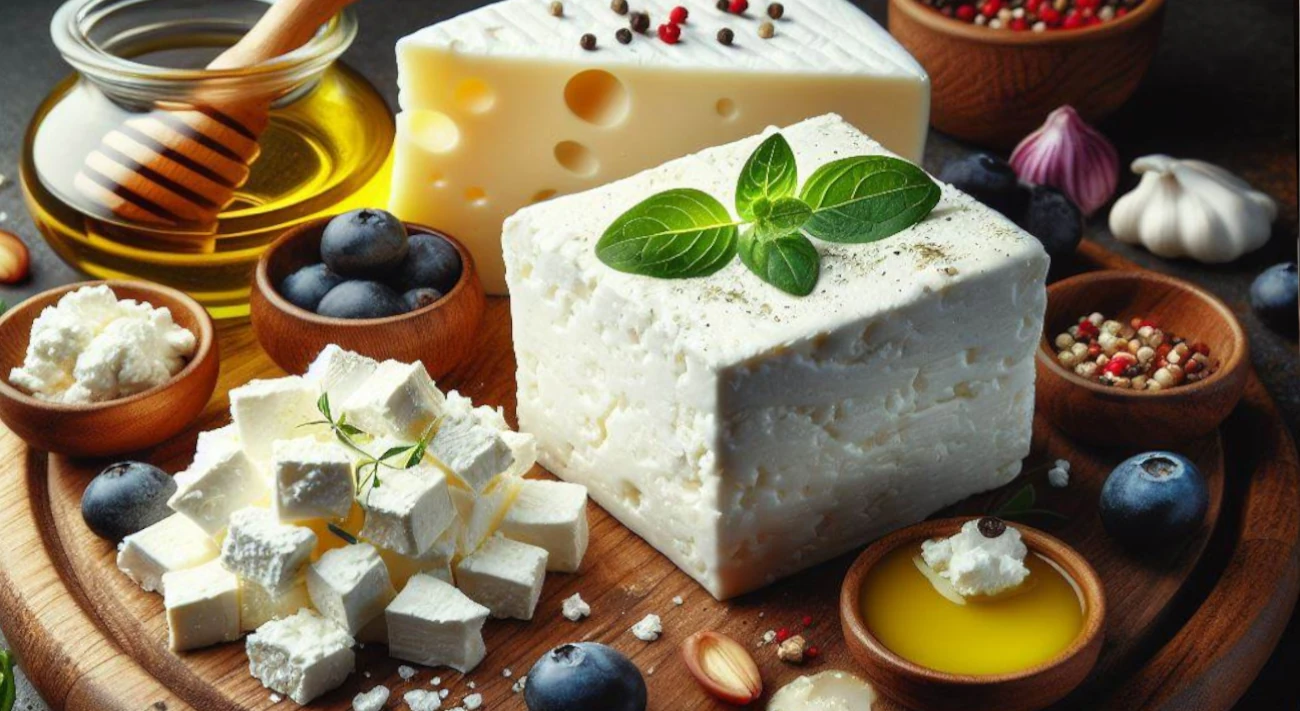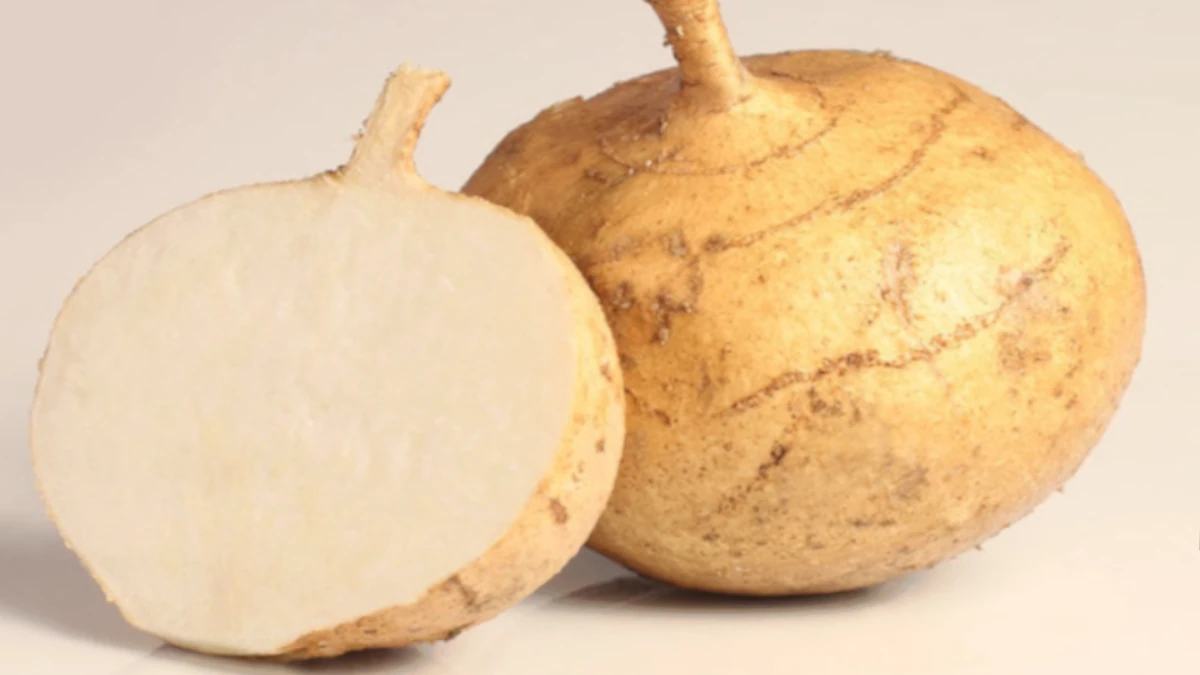Cottage Cheese, Creamed Lysine and Arginine Info Sheet
Overview
Cottage cheese, creamed is a type of cheese that is made from curdled milk and cream. It has a soft, lumpy texture and a mild flavor. It is often eaten as a breakfast or snack, or used as an ingredient in salads, dips, or desserts.Cottage cheese, creamed is a rich source of protein, calcium, phosphorus, and vitamin B12.
It can help build muscle, strengthen bones, and support metabolism.
It is also low in lactose, making it suitable for people with lactose intolerance.
| Name | Lysine (mg/100g) | Arginine (mg/100g) | Ratio |
|---|---|---|---|
| Cottage Cheese, Creamed | 1009.52mg | 566.67mg | 1.782 |
Cottage Cheese, Creamed contains 1009.52mg of Lysine and 566.67mg of Arginine per 100g of product.
This means Cottage Cheese, Creamed has a high Lysine-Arginine ratio of 1.782.
Because Cottage Cheese, Creamed contains much higher levels of lysine than arginine, it is highly recommended for people who suffer from herpes, as it may prevent outbreaks.
Lysine Considerations
Lysine is an essential amino acid that is important for protein synthesis, collagen formation, and immune function.
Cottage cheese, creamed is a significant source of lysine, as it contains about 101% of the recommended daily intake per 100 grams.
It's one of the nine amino acids that the body can't produce, so it must be included in our diet.
Lysine has a variety of roles in the body, such as aiding in growth, healing, energy production, immune function, and the production of collagen.
Research indicates that lysine may have an impact on the herpes virus, which is responsible for cold sores and genital sores.
Taking lysine supplements or using lysine cream could potentially prevent or treat these infections by slowing down the amino acid arginine, which the virus requires for growth.
Arginine Considerations
Arginine is a semi-essential amino acid that is involved in nitric oxide production, wound healing, and blood vessel dilation.
Cottage cheese, creamed is also a significant source of arginine, as it contains about 57% of the recommended daily intake per 100 grams.
Arginine has multiple functions in the body, including wound healing, helping the kidneys remove waste products from the body, and maintaining immune and hormone function.
Arginine also plays a role in the replication of the herpes virus, making it a key factor in cold sore outbreaks.
The herpes virus requires arginine to grow, replicate, and create new herpes viruses.
Foods abundant in arginine, such as nuts and chocolate, may increase the frequency and severity of these outbreaks.
Lysine-Arginine Ratio
Cottage cheese, creamed, with a high lysine-arginine ratio of 1.782, contains nearly 1.8 times as much lysine as arginine, which may be beneficial for preventing or treating herpes simplex.
Cottage cheese and dairy in general is an excellent source of lysine with low arginine, which can help manage herpes outbreaks.
Both lysine and arginine are essential for protein synthesis and various other bodily functions.
They, however, have opposing effects on the herpes simplex virus, which causes cold sores and genital herpes.
Lysine can slow down the replication of the virus, whereas arginine can stimulate it.
Thus, a diet rich in foods with a high lysine to arginine ratio may help reduce the occurrence and severity of herpes outbreaks.
Foods that have a high lysine-arginine ratio include dairy products, fish, poultry, fruits, and vegetables.
These foods can provide the body with enough lysine to compete with arginine and inhibit the virus from replicating and causing flare ups.
Dietary Considerations
Like other dairy products, cheese is abundant in lysine and not very high in arginine.
Cheese can help boost the immune system and fight off herpes infections.
Cheese also contains calcium, protein, and vitamin B12, which are essential for overall health.
Parmesan, ricotta, cottage cheese, and cheddar cheese are some of the cheeses that have the most lysine compared to arginine.

For instance:
A diverse and nutritious diet that supports your immune system and fights inflammation is essential.
This means you should eat lots of fruits, vegetables, whole grains, lean protein, and healthy fats, and steer clear of processed foods, added sugars, alcohol, and caffeine, which can harm your health.
Make sure to drink plenty of water to keep yourself hydrated and eliminate toxins from your body.
Water can also help you avoid dryness and irritation of the skin and mucous membranes, which can lead to outbreaks.
Consider taking l-lysine supplements, which can help prevent herpes outbreaks and stop a cold sore before it emerges by limiting the availability of arginine for the virus, which it requires to produce a cold sore.
Avoiding foods that can cause allergic reactions or sensitivities, such as gluten, dairy, nuts, eggs, or shellfish.
These foods can trigger inflammation and weaken your immune system, making you more susceptible to outbreaks.
Try eating foods that can enhance your immune system and reduce inflammation to avoid outbreaks.
Some of these foods are honey, yogurt, aloe vera, and chamomile.
They can also help you with your symptoms by easing pain, swelling, and itching, and accelerating your recovery.
Check more food information






